Somewhere within Austin’s ever-emerging hip-hop scene, Megz Kelli and Chris “Dougie Do” Beale have created their own space as Magna Carda, melting the lines between local R&B and rap to create something all their own. Their latest project, Van Geaux,boasts a polished, yet underground feel, focused on establishing their own identity rather than trying to mimic those at the roots of hip-hop. The laid-back charisma between the two cool kids resonates clearly on each track, with Kelli’s rhythmic, stop-on-a-dime flow and Beale’s instrumental flourishes making the perfect bedmates.
Story by Quinton Boudwin
Photo by Rosalie Fischer
The 13-track album opens with “Geaux,” where Kelli offers a glimpse into the mind of a queen with supreme confidence (“but man I love my life / even when I can’t get a damn thing right/ even when I ain’t a rap b-tch with my pants tight f–king for the spotlight”). Her tone is assertive and quick-witted, covering a variety of themes including family, honor and respect. Kelli’s knack for putting doubters in their place is apparent on “Chuck Close Trip” (“if I ever wanted to be someone other than me / I wouldn’t ask myself to be anyone other than me”). She sheds her rough-and-tough façade on tender ballads like “Ryan” and “Break” and paints vivid tales for her characters, as if they were playing out before listeners’ eyes.

On tracks like “Love Jones” and “Still (Outro)” Kelli pumps the breaks to deliver hooks that don’t deaden the track like a repetitive, deeper tenor could. She uses her wide range and flexible voice to fill each nook and cranny of the beat, and her lyrics are rife with elaborate metaphors that may require repeated plays to fully understand, lest her double-time bars speed by listeners. At the base of Kelli’s cerebral rap pyramid is a wealth of topics that appeal to both historians and hip-hop aficionados — from women’s rights to black history to consumerism (“they say they got knowledge, well then enlight us, enslave us / and then make us think we should do anything for the paper” on “David Ruffin”).
Keyboardist and beat master Beale crafts a sound on Van Geaux that stays true to itself and shines bright throughout the project. He awards the Temptations’ David Ruffin his own namesake track that samples “Can We Make Love One More Time,” Ruffin’s smoky voice blending nicely over lazy afternoon instrumentation. He laces Janelle Monae’s pleading vocals over “Los City,” while giving Janet Jackson’s “I Get Lonely” special treatment on “Break.” Beale slows down Don Blackman’s “Holding You, Loving You” on “Geaux,” while also lending cool, muted bass and staccato drumming to the song.
These sampling techniques are nothing groundbreaking — they’ve already been done countless times by legends like J Dilla and Kanye West — but Beale works nicely within his niche. The deep, hollow synths on “Feels Like” and “Love Jones” add an extra layer to the project, recalling one of Odd Future’s many side projects, The Internet. The echoing 808s of “Chuck Close Trip” and “Shoes, Some Service” coupled with Kelli’s feverish flows help create sharp melodies. Ditching the airy sound of The Shoe String Theory, Beale has instead opted for Motown and R&B cuts on Van Geaux, staying true to the original songs while comfortably layering his own production overtop the classic backdrop.
Van Geaux is alchemy of sorts, combining soulful samples, striking drums and sleek raps while always being comfortable in its own skin, the album’s biggest highlight. Despite some questionable sequencing and occasionally cloudy focus, the rap duo breaks through the clutter by offering a celebratory hybrid of influences from all eras and backgrounds — and they can replicate the songs in a live setting with the same intensity. As hip-hop’s sonic landscape shifts heavily toward industrial, trap and electronic beats, Magna Carda provides a breath of fresh air, paying homage to the past while incorporating new-school elements to craft a sound uniquely its own.
































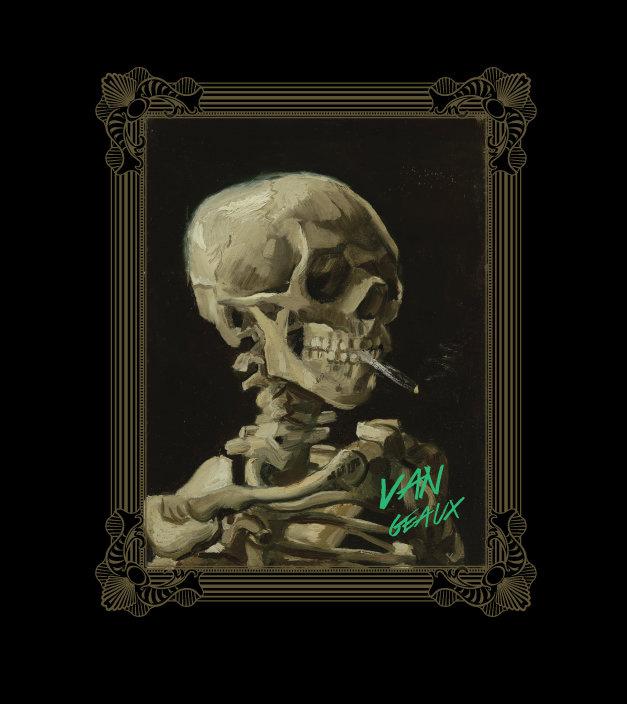

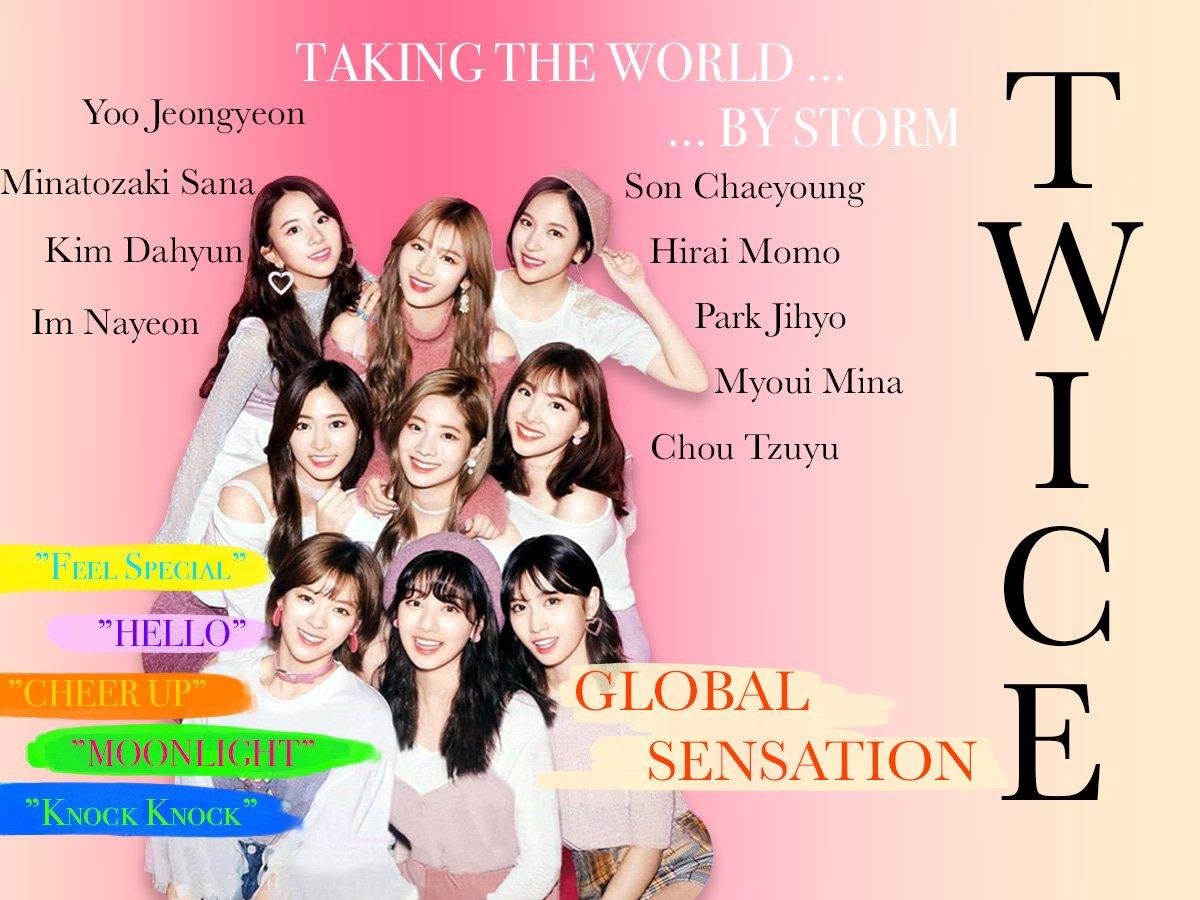
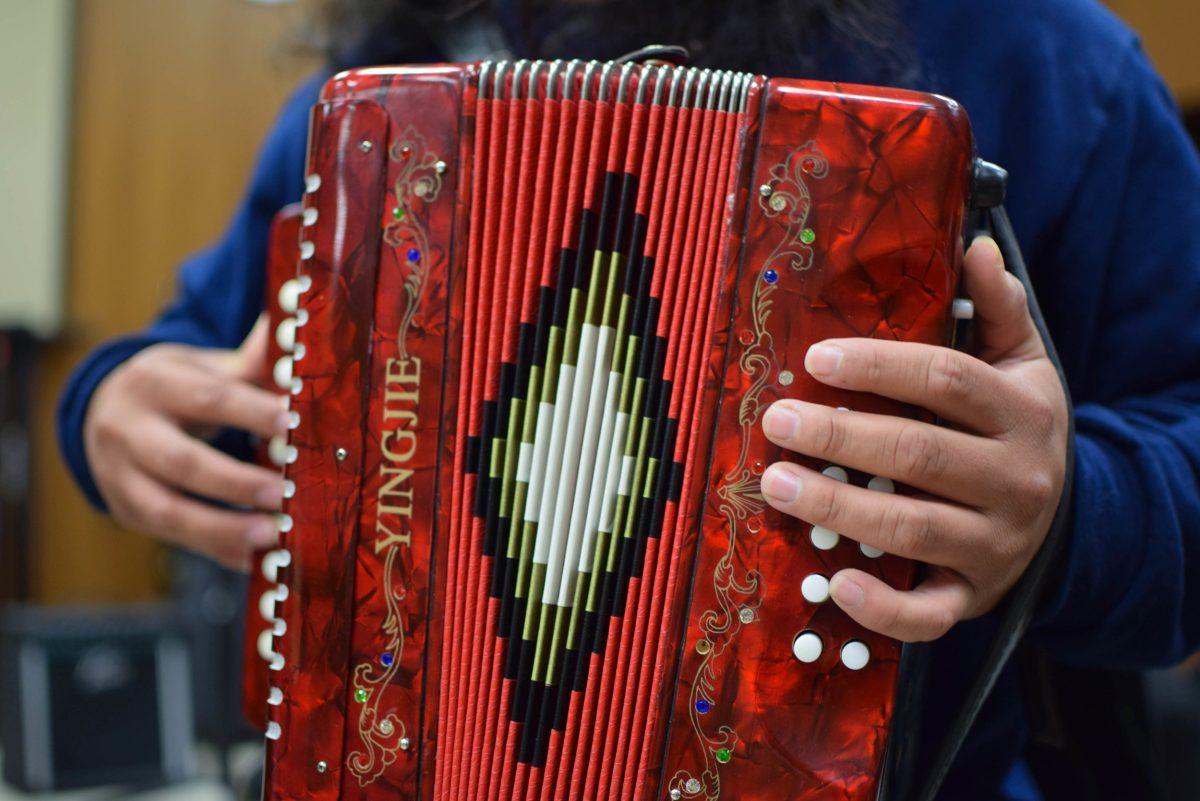

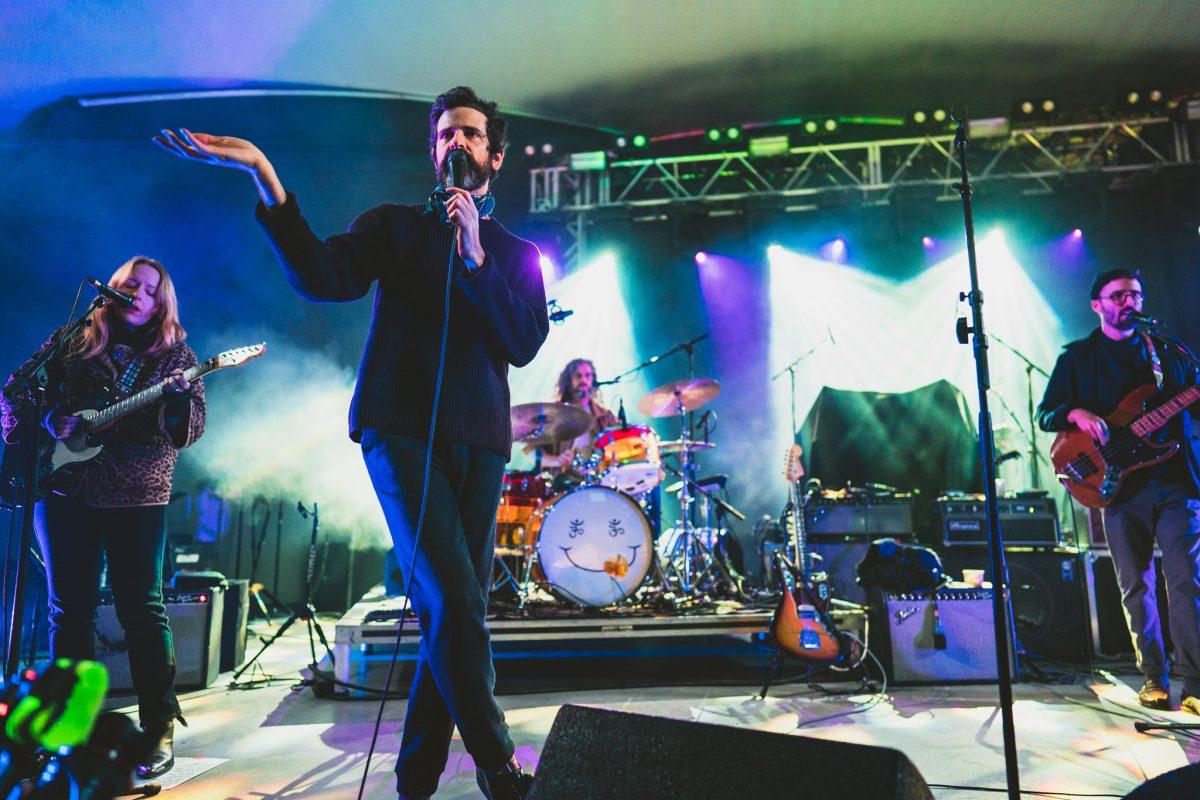

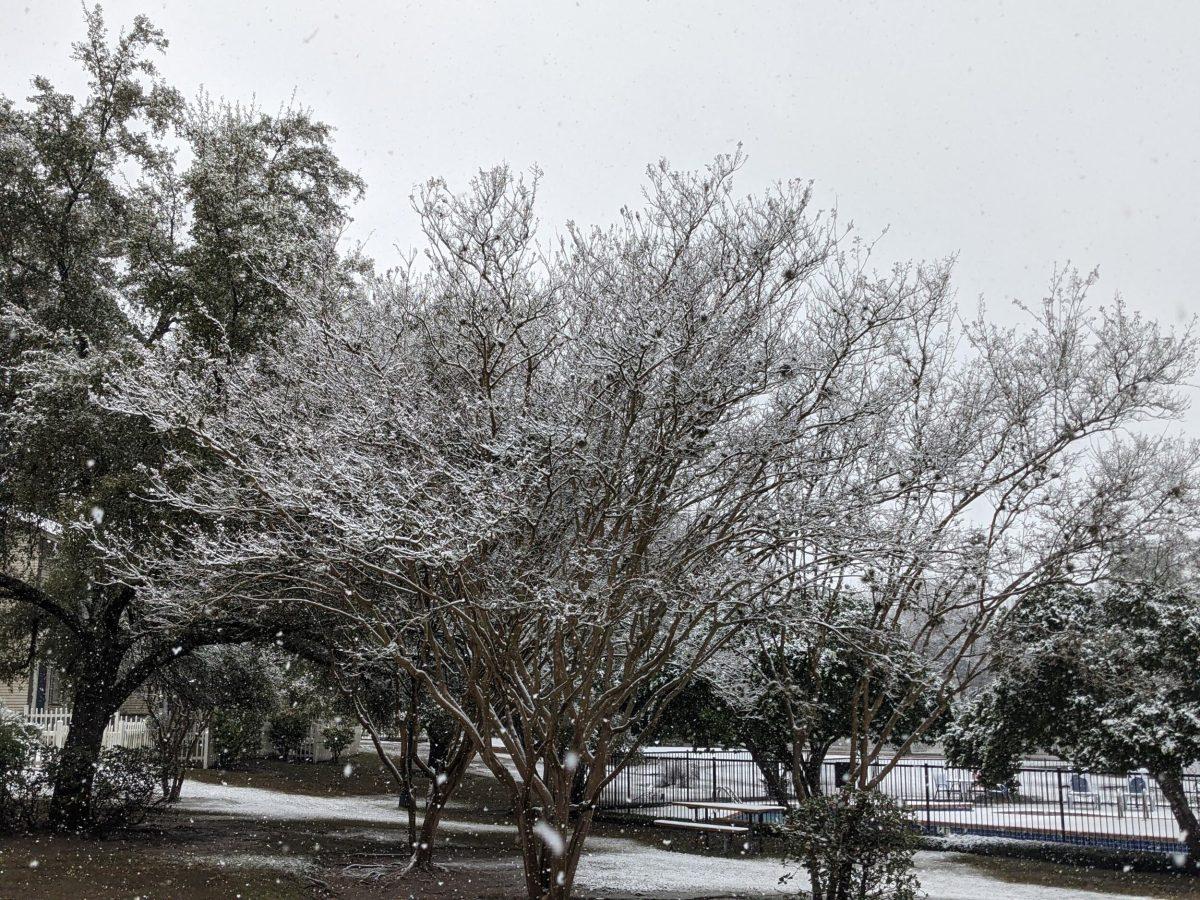
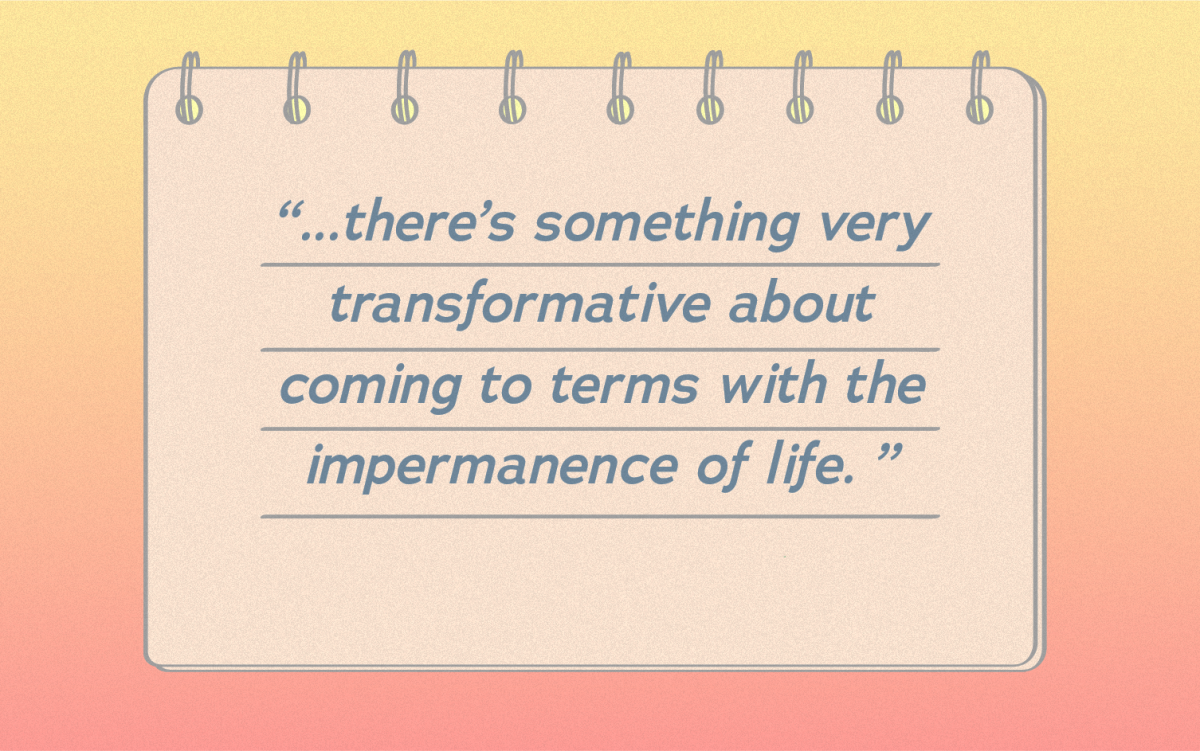
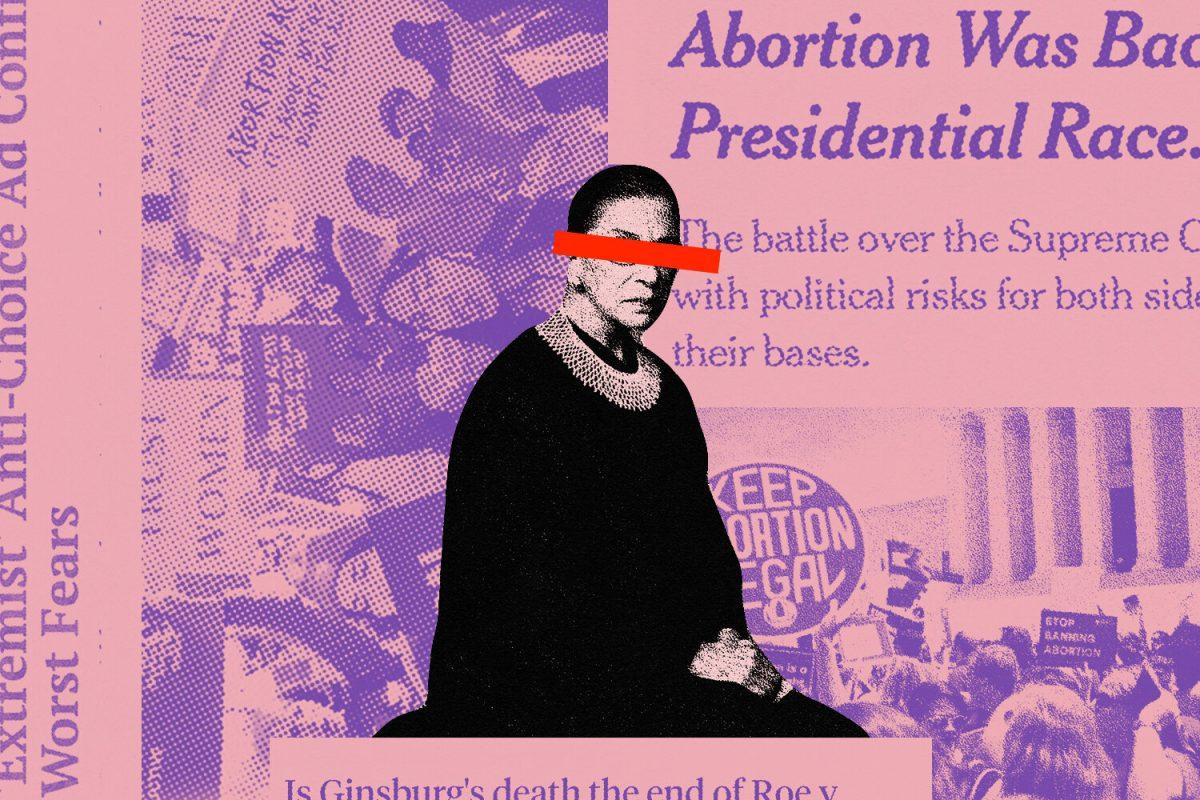








qboudwin • Apr 2, 2014 at 3:12 pm
Reblogged this on QUINTON BOUDWIN.